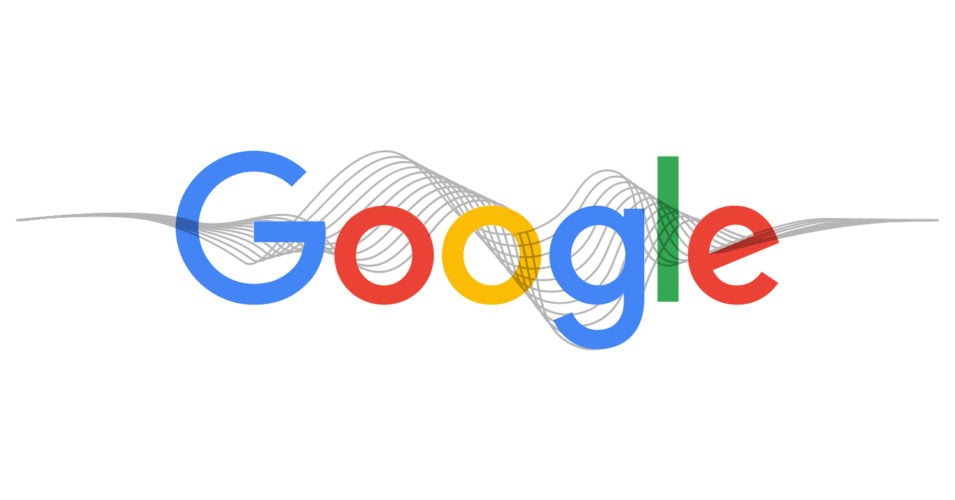Google announced that in February of 2021, modified broad match is being phased out, and that phrase match will now include broad match modifier (BMM) searches, but with some changes. Whenever Google makes a change like this, the most common question becomes, “What does this mean for our keyword strategy?”
In this case, like many others, there is good and bad news. The good news? You’ll still be able to target broad keywords using phrase match instead. However, BMM keywords will no longer trigger long-tail searches. Essentially, phrase match will pay attention not just to keywords, but to word order as well.
Let’s take a look at how things are now and what impact this farewell will have on marketers.
Match Terminology Refresh
What do all these match terms mean when it comes to keywords? Here’s a quick refresher:
- Broad Match: This is the default setting, and ads can be shown in searches related to the meaning of your keyword, even if they don’t contain the keyword itself. For example: “low-carb diet plan” might also be shown in searches for carb-free foods or low-carb foods. In other words, it is broader than “match” keywords and generally results in higher, but less-targeted web traffic.
- Phrase Match: Phrase match is more related to the meaning of your search, and your ad may show up in results that are more specific than your general meaning. For example, the keyword “tennis shoes” may show up in searches for “shoes for tennis.”
- Exact Match: This match type gives you the most control over who sees your ad because searches may match the meaning or intent of your search, but quite specifically. So, [men’s shoe] will only return on searches like “shoes for men,” “shoes men,” and similar exact terms.
- Modified Broad Match: Modified broad match was a compromise between exact and broad match terms. This type was tied to meaning and intent but paid much less attention to word order than phrase match in long-tail keywords. For example, if you use “black and white” you would also show up in “white and black” searches. This is the functionality that is going away.
Now that we know what the match types are, let’s dive into modified broad match, and the consequence of its departure.
Modified Broad Match Goes Away
So, what does this really mean? Well, the modified broad match was kind of a middle ground between exact match and broad match. It allowed you to narrow your keywords to reach certain groups yet capture broader, more casual searches than exact match keywords.
Google has provided us with examples of what will and will not match after the update. A simple one is something like this:
- Modified broad match keyword: +best +sneakers
- Match before the update but not after: “Best prices on sneakers for toddlers”
- Reasoning: Your keyword phrase does not include the word “prices” only “best.”
Phrase matches will still work broadly, though. Another example from Google:
- Keyword: “long sleeve dress”
- Match: “long-sleeved lace dress”
The keyword is still broad, but both word order and intent influence the search result.
New Solutions in Light of This Change
The first solution, as is typical with rollouts from Google, is not to panic. The rollout is happening, but gradually, and you have some time before it becomes fully implemented. So, take your time and think through any changes to your strategy.
This initiative, along with Google limiting the search term information available to marketers to “only include terms that were searched by a significant number of users,” is changing the face of Pay-Per-Click (PPC). The result is a potential increase in marketers’ dependence on artificial intelligence (AI). For marketers, it appears Google is pushing toward using broad match keywords and smart bidding to get the same impact broad match modifiers had.
Many of our new solutions will depend on the flexibility of the New Phrase Match, and how well it can be scaled and expanded. In short, it’s time to get ready for another “new normal” in PPC.
How Should Advertisers and Marketers Prepare
- Although you can technically still add BMM keywords, Google is no longer treating them that way (+moving services will be treated like “moving services”). So, it’s time to add more phrase match keywords that embody the meaning of your former BMM strategy.
- Play around with broad match and smart bidding, just keep a sharp eye on your campaign performance. You’ll likely see a shift in both clicks and traffic as the transition progresses.
- Be ready for permanent change. As of July, your BMM keywords will continue to run, but under the new matching method. If you try to edit them though, you will be forced to change them to “phrase match.”
- Prepare for some instability. As with any major Google change, advertisers will be scrambling to adapt, and that may mean some odd spikes in bids, variations in traffic, and disappearing clicks. Mark July on your calendar and be ready to make changes quickly.
Get Ready for Keyword Matching Changes with Zero Gravity Marketing
This is not the first change in PPC for Google and will likely not be the last. The best thing you can do is pay attention to the announcements and advice from Google, network with your peers, and look out for the case studies and tests that are sure to follow.
That’s why it’s crucial to work with PPC experts who are always up-to-date and ready to adapt to the latest industry changes. If you need help with your PPC campaigns, feel free to reach out to Zero Gravity Marketing. Our PPC team uses data-driven solutions to reach your customers no matter what stage of the buyer’s journey they are in. Contact us today!









